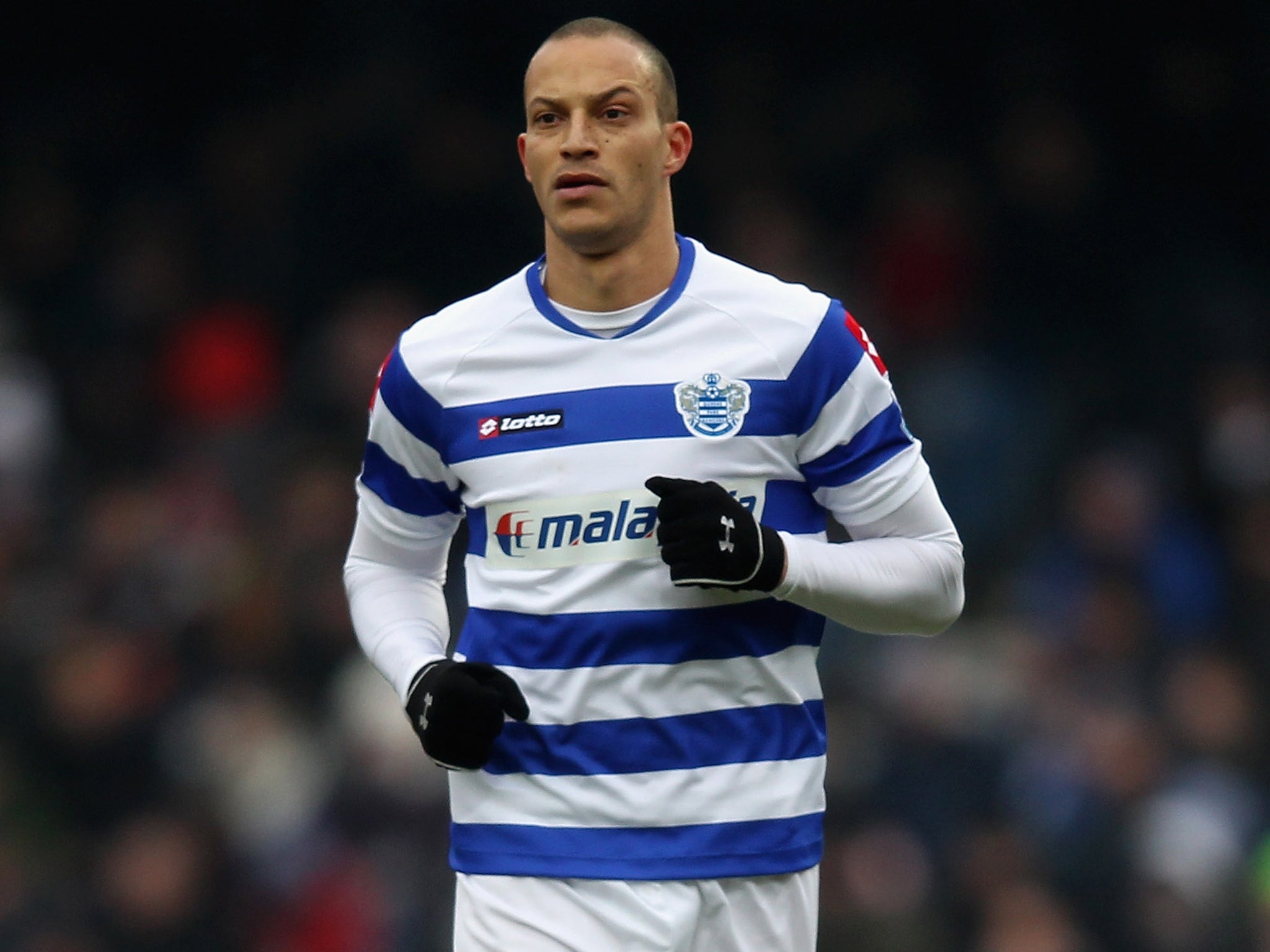Divisions between QPR players made demise of Mark Hughes inevitable
With wages greater than turnover, relegation would be catastrophic

Mark Hughes was preparing to take training at QPR’s Harlington training ground this morning when there was a knock on the door.
When it opened, to reveal chief executive Phil Beard and Kamarundin Bin Meranun, a significant shareholder, the Welshman knew his time was up.
It was a shock. Despite the growing speculation over his future, and the changing tone of chairman Tony Fernandes’s tweets, Hughes anticipated taking his team to Old Trafford today. Reports that he had been asked to resign this week and refused are wrong. But for the club’s powerbrokers last week’s home defeat to Southampton was the final straw.
Since Fernandes took over in August 2011, QPR’s wage bill has mushroomed to levels that are unsustainable outside the top flight and hard to finance inside it. In the immediate aftermath of his buying out Flavio Briatore and Bernie Ecclestone, wages of £60-70,000 a week were agreed to persuade players such as Joey Barton and Shaun Wright-Phillips to join a newly-promoted club. Another wave was sanctioned in January including Bobby Zamora and Djibril Cissé for a combined £9m. In the summer he invested again, taking Hughes’s net transfer spending to £23m with a wage bill to match after players including Adel Taarabt were given new contracts.
With Loftus Road holding less than 19,000, wages may well be in excess of 100 per cent of turnover. Relegation would thus be catastrophic; survival would provide access to TV income expected to be worth £5bn to the Premier League next year.
Hughes took over in January after Kia Joorabchian, his adviser, made contact with Fernandes, originally to negotiate the proposed transfer of another client, Chelsea’s Alex, for then-manager Neil Warnock. QPR failed to land Alex, but did bring in Hughes, who had been out of work since leaving Fulham seven months earlier.
He inherited a split dressing-room with members of the Championship-winning team resenting the salaries being paid to the newcomers, especially as some did not seem to be earning them. It was so divided one of the players warned Hughes early on it was “the worst he had ever experienced”. Nevertheless, Warnock had managed to stay outside the relegation zone; Hughes maintained that status, just, surviving on the final day after Bolton let slip a winning position at Stoke.
Hughes promised the club would not struggle again and spent heavily in the summer, but that only added to the dressing-room factions despite several players, notably Barton, being forced out. Also breeding discontent were the antiquated training facilities – owned by Imperial College and still used by students. Hughes and his staff, having been at Manchester City, were shocked and regarded them as “30 years out of date”. On one pitch the floodlights even face the wrong way.
The tense atmosphere was reflected in performances. The season began with a dire 5-0 home defeat to Swansea City after which Hughes, in an act of panic or decisiveness depending on interpretation, dropped Rob Green for another new signing, Julio Cesar.
Training-ground disputes continued, with the fractious mood betrayed by a surfeit of red cards – nine so far in 2012. Hughes felt his marquee signing Ji-Sung Park, wanted for his experience and Fernandes for his marketing potential, had performed poorly, but the captain was not alone; Hughes used 35 players in his first 24 matches, but whatever the combination results did not improve. Finally, Fernandes, who had been supportive in a one-hour conference call just a week ago, felt he had to act.
Join our commenting forum
Join thought-provoking conversations, follow other Independent readers and see their replies
Comments
Bookmark popover
Removed from bookmarks